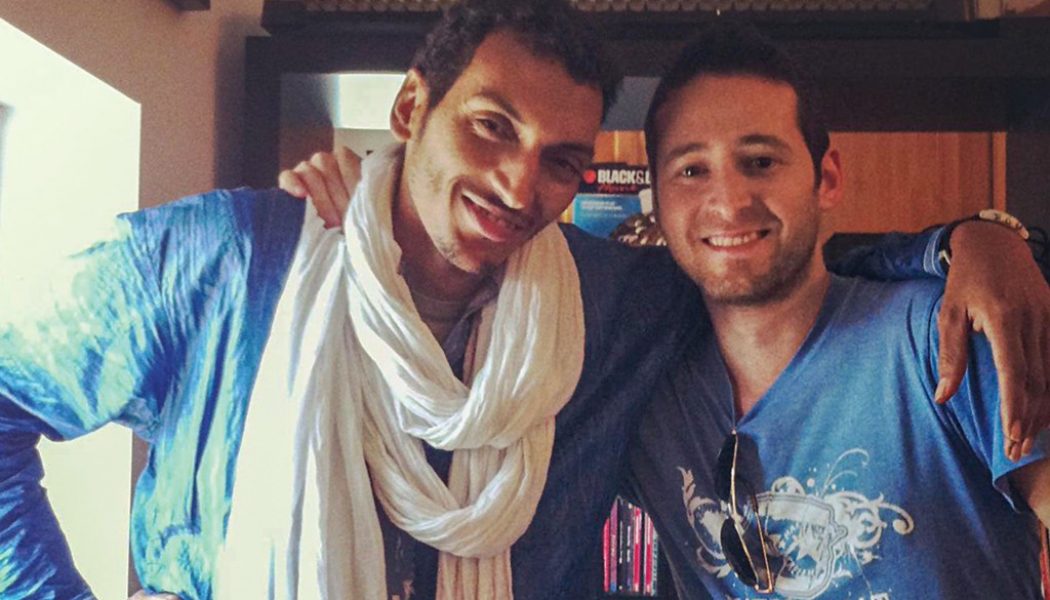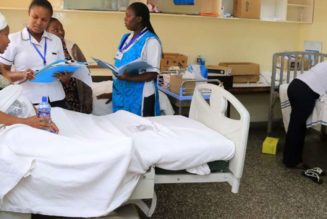
Nearly a decade ago, singer-songwriter-guitarist Bombino told his longtime manager, Eric Herman, that he wanted to open a recording studio in his home country of Niger. “It is materially a very poor country,” says Herman. “It’s rare to find studios that would be up to world-standard in Africa in general.” Plus, since Bombino — who champions his Tuareg identity and culture in his lyrics — usually spends eight months of the year touring, Herman felt “it needed some sort of outside push to get going.”
That push came in 2019 when Welsh producer-engineer-musician David Wrench (who mixed Bombino’s 2016 album, Azel) approached the artist about working together again. Only this time, he wanted to produce Bombino’s next album — and he wanted to do it in Niger. “That reignited the spark,” says Herman, “and it snowballed from there.” The idea of Bombino recording in Niger appealed to his label, Partisan, and according to Herman, “that’s when we started talking more about Bombino’s vision for a studio there that would endure long past one album.”
The goal was to open the studio by the end of 2020, but the pandemic delayed plans for both the new space and the album. Already though, there is a location in mind, and, thanks to their consultant Patrick Votan — who manages Tuareg band Tinariwen and has experience with studio construction projects in Africa — they have a sense of what equipment they will need to import. (Depending on funding, the team plans to make the space solar-powered.)
In terms of funding, they’re working on a tiered sponsorship model. Herman says they are pursuing Air France, which under normal circumstances offers a direct flight from Paris to Niamey, Niger’s capital, and could help transport necessary gear and personnel. Fender has agreed to provide amplifiers, pedals and instruments.
Herman says that because such access doesn’t exist in Niger, artists looking to professionally record would likely have to travel to bordering country Mali, which has a few studios. “We should be able to do this at home, like almost everywhere else in the world,” says Bombino. “Niger is a country that is very rich in culture but poor in resources. With modernization and globalization, the beautiful traditional Tuareg culture — my culture — is being slowly erased and forgotten. It’s extremely important for Tuareg youth to preserve their heritage — and for me, this would be the best way to do that.”
This article originally appeared in the May 23, 2020 issue of Billboard.










